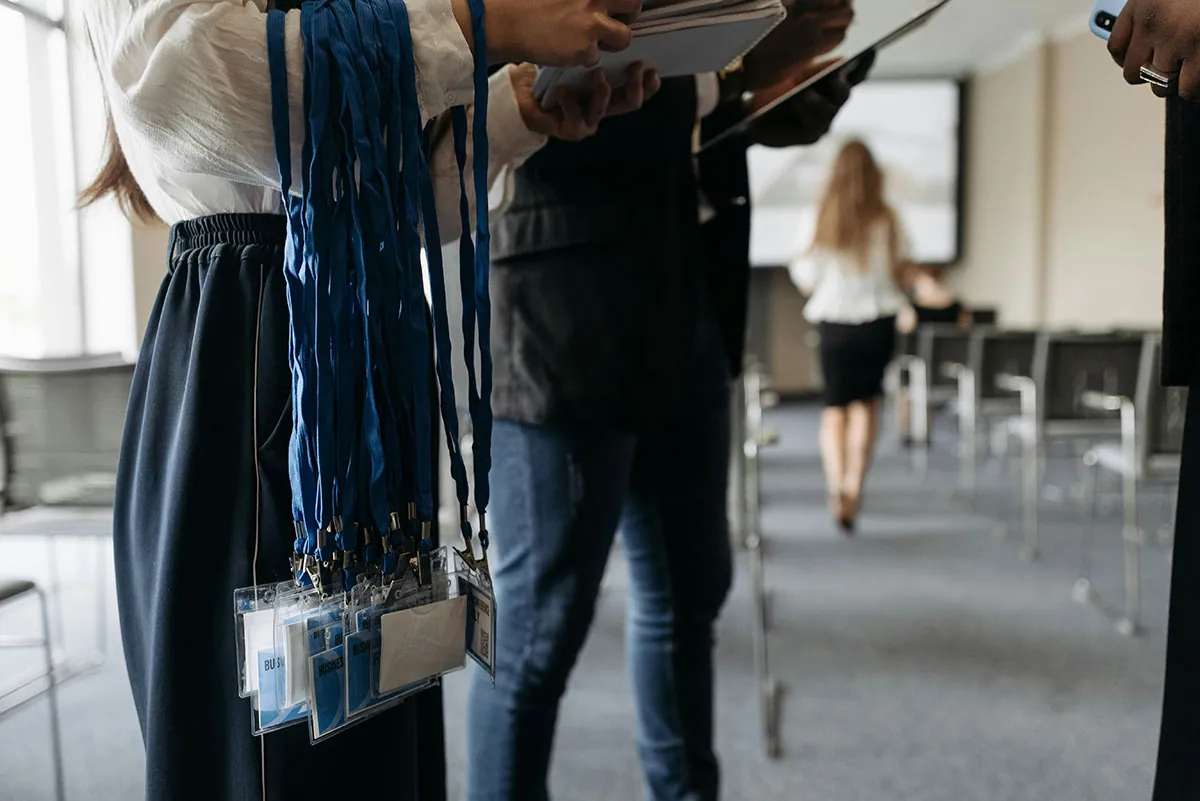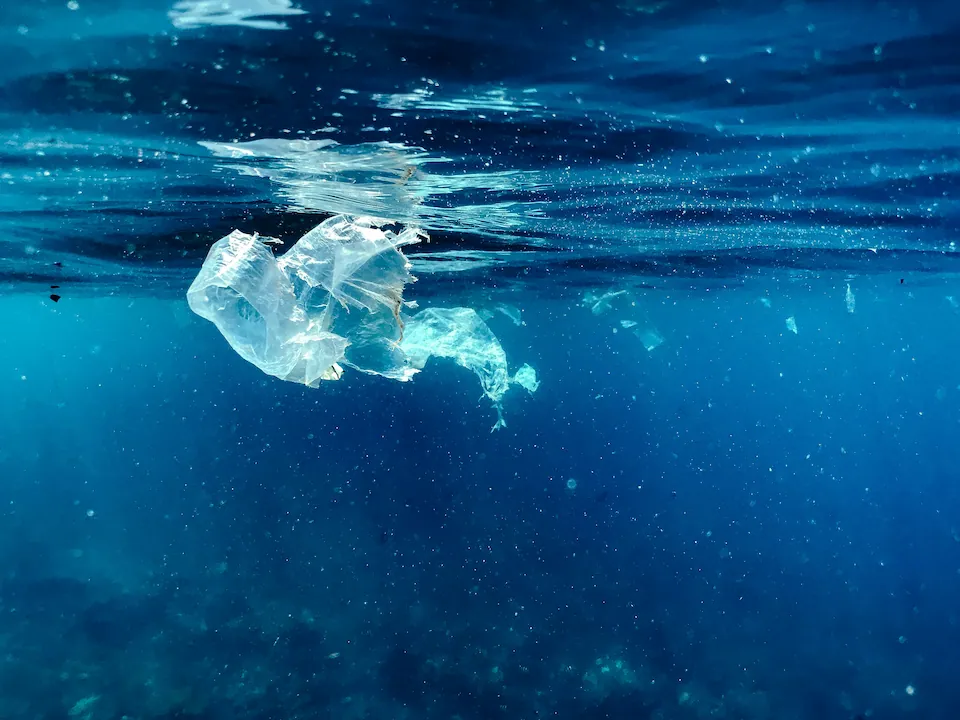 Plastic Pollution and Recycling
Plastic Pollution and Recycling

February 2nd is World Wetlands Day, but why dedicate a day to these ecosystems? Wetlands are among Earth’s most effective natural defenses, often called “Earth’s kidneys” for their ability to clean water and support life. Covering about 12.1 million square kilometers (6% of the planet’s surface), wetlands provide essential benefits such as controlling floods, filtering water, storing carbon, and hosting diverse species1.
Despite their importance, wetlands face serious threats from human activities, including plastic pollution, climate change, and industrial development. Protecting wetlands isn’t just about saving the environment—it’s about securing a healthy planet and a better future for all.
The threats facing wetlands
Wetlands are disappearing fast. Over the past century, nearly 35% of global wetlands have been lost2. These losses are caused by several major threats:
- Plastic Pollution: Plastic waste clogs wetlands, harms wildlife, and introduces microplastics into ecosystems. For example, the Sundarbans mangroves in India and Bangladesh—a UNESCO World Heritage Site—are overwhelmed by plastic waste, threatening species like the Bengal tiger3.
- Climate Change: Rising sea levels and longer droughts are shrinking wetlands worldwide. The IPCC warns that 35% of wetlands could disappear by 2100 if climate trends continue4.
- Human Development: Wetlands are drained or filled to make way for farms, houses, and roads. In the U.S., over 50% of wetlands have been lost to development, weakening their ability to prevent floods5.
- Agricultural and Industrial Pollution: Fertilizers, pesticides, and industrial runoff pollute wetlands, creating “dead zones” where aquatic life struggles to survive6.
- Invasive Species: Non-native plants and animals outcompete native species, disrupting the natural balance and harming ecosystems7.

Why wetlands matter
Wetlands are much more than swamps or marshes—they’re essential for life on Earth. Here’s why they matter:
- Flood Control: Wetlands absorb excess water, reducing floods and protecting nearby communities8.
- Water Purification: Acting as natural filters, wetlands remove pollutants from water, making it safe to drink9.
- Carbon Storage: Coastal wetlands store 5-10 times more carbon per hectare than tropical rainforests, helping to fight climate change10.
- Biodiversity: Wetlands are home to 40% of the world’s species, including many endangered plants and animals11.
- Livelihoods: Wetlands support millions of people through fishing, farming, and ecotourism12.

Plastic Bank: protecting wetlands through action
Plastic Bank communities are leading the fight against plastic pollution, protecting wetlands and coastal areas from harm. With over 50,000 active members, Plastic Bank focuses on areas within 50 kilometers of coastlines and wetlands in countries heavily affected by plastic waste, such as the Philippines, Indonesia, Thailand, Egypt, Cameroon, and Brazil.
By collecting plastic waste before it reaches wetlands and waterways, these communities prevent hundreds of millions of kilograms of plastic from polluting fragile ecosystems. In return, collection members earn extra income and social benefits, turning waste into valuable resources. This innovative model not only reduces plastic pollution but also empowers families to find a way out of poverty while becoming environmental heroes, protecting their surroundings for future generations.
Join the movement to save our planet and its wetlands
Wetlands are disappearing at an alarming rate, but we can change that. Each of us has the power to make a difference. By supporting initiatives like Plastic Bank, you can help stop plastic pollution, protect wetlands, and empower communities to create a sustainable future.Together, we can save Earth’s unsung heroes. Visit Plastic Bank to learn more and join the movement.
- Ramsar: the Convention on Wetlands, “Wetlands and biodiversity”, 2021, https://www.ramsar.org/sites/default/files/ramsar_50_factsheet_biodiversity_english_as_v7.pdf
- Ramsar: the Convention on Wetlands, “Wetlands: Key Enablers for a Resilient and Sustainable Recovery”, https://www.ramsar.org/wetlands-key-enablers-resilient-sustainable-recovery
- UNESCO, “The Sundarbans”, Last updated 2023, https://whc.unesco.org/en/list/798/
- IPCC, “Climate Change and Land”, 2019, https://www.ipcc.ch/srccl/
- U.S. Fish and Wildlife Service, “Continued Decline of Wetlands Documented in New U.S. Fish and Wildlife Service Report” Last updated 2024, https://www.fws.gov/press-release/2024-03/continued-decline-wetlands-documented-new-us-fish-and-wildlife-service-report
- Ramsar: the Convention on Wetlands, “Wetlands and biodiversity”, 2021
- IUCN, Call for an ambitious Global Biodiversity Framework on World Wetlands Day 2020” Last updated 2020, https://iucn.org/news/water/202001/call-ambitious-global-biodiversity-framework-world-wetlands-day-2020
- Ramsar: the Convention on Wetlands, “Wetlands and biodiversity”, 2021
- Ramsar: the Convention on Wetlands, “Global Wetland Outlook”, 2018, https://www.ramsar.org/sites/default/files/documents/library/gwo_e.pdf
- IPCC, “Climate Change and Land”, 2019
- Wetlands International, “Ensuring the Global Biodiversity Framework prioritises measures to safeguard wetlands and wetland biodiversity” Last updated March 21, 2022, https://www.wetlands.org/publication/ensuring-the-global-biodiversity-framework-prioritises-measures-to-safeguard-wetlands-and-wetland-biodiversity/
- Ramsar: the Convention on Wetlands, “Wetlands and biodiversity”, 2021





